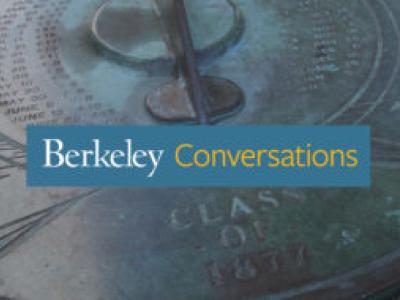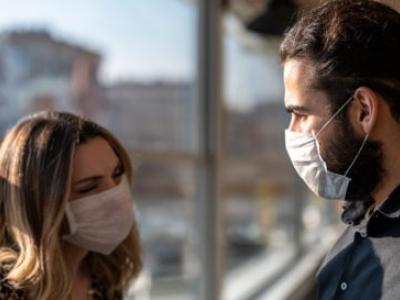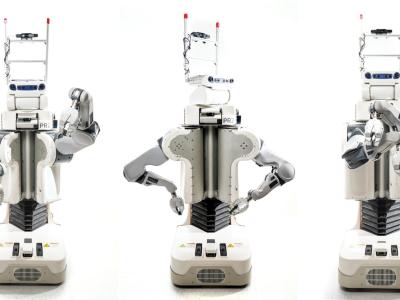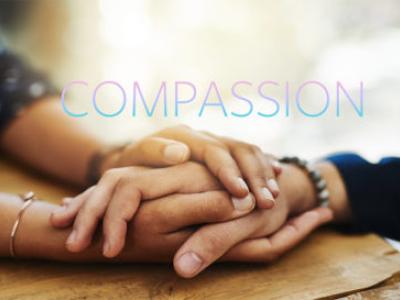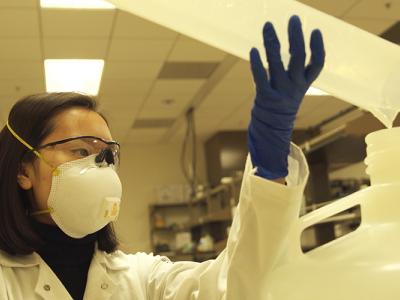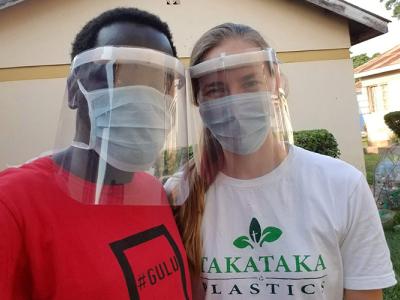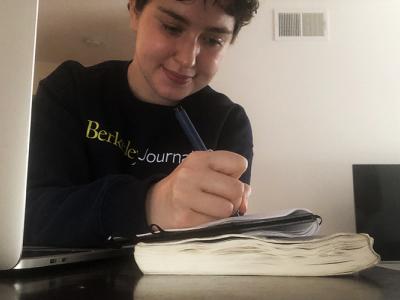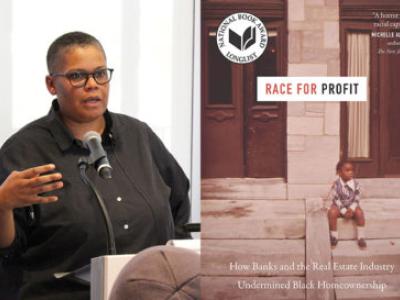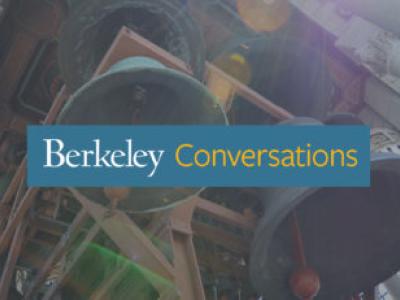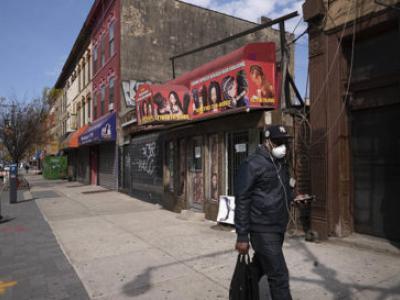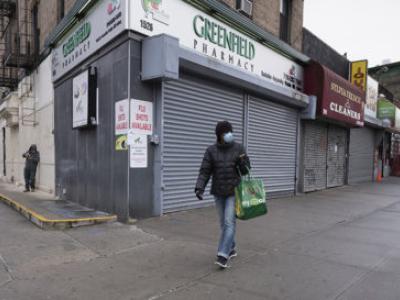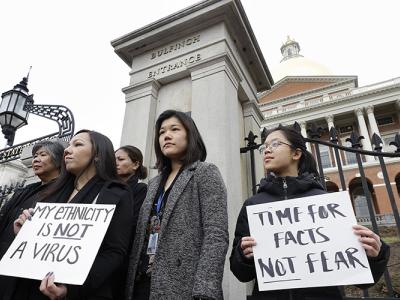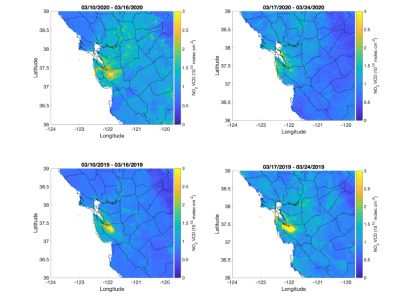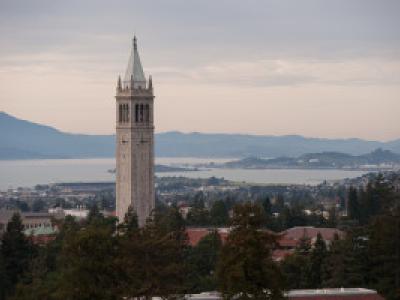While the COVID-19 pandemic continues to devastate communities around the world, researchers at UC Berkeley are racing to find solutions that will both secure our health and help get the economy back on its feet.
Research News
Learn more about UC Berkeley's researchers and innovators.
Showing 1345 - 1360 of 3459 Results
Dinner at home was not on the menu when Jennifer Monahan planned her 10th wedding anniversary. But that was before the coronavirus pandemic drove hundreds of millions of couples around the globe indoors and into intensive togetherness, for better or for worse.
When children play with toys, they learn about the world around them — and today’s robots aren’t all that different. At UC Berkeley’s Robot Learning Lab, groups of robots are working to master the same kinds of tasks that kids do: placing wood blocks in the correct slot of a shape-sorting cube, connecting one plastic Lego brick to another, attaching stray parts to a toy airplane.
In the second in a series of short videos, UC Berkeley psychologist Dacher Keltner discusses the benefits of compassion for others and ourselves.
UC Berkeley biochemistry lab pivots to hand sanitizers for homeless and other vulnerable gropus
Berkeley Haas Professors Nancy Wallace and Richard Stanton were some of the few voices to forewarn of the massive risk posed by shoddy practices in the mortgage industry prior to the 2008 financial crisis.
Unfortunately, history seems to be repeating itself.
As COVID-19 spreads in Africa, Ph.D. student Paige Balcom and her Takataka Plastics cofounder are beginning to produce an inexpensive and more urgently-needed product from recycled plastic — face shields for the town of Gulu’s medical workers.
For many journalists, writing for the New York Times, arguably the nation’s most prestigious newspaper, would be the opportunity of a lifetime. For UC Berkeley journalism students during this academic year, it’s part of their curriculum.
In 1968, following a wave of urban uprisings, politicians worked to end the practice of redlining by passing the Housing and Urban Development Act. While the act was meant to encourage mortgage lenders and the real estate industry to treat black homebuyers equally, the disaster that came after revealed that racist exclusion hadn’t been eradicated, but rather transformed into a new phenomenon of predatory inclusion.
The COVID-19 pandemic is confronting every level of the U.S. economy with an unprecedented challenge, and the government must mount a sustained, ambitious economic response lasting months and perhaps years, UC Berkeley economists said in an online forum today.
The recently-released data are shocking: COVID-19 is infecting and killing black people at an alarmingly high rate. An Associated Press analysis — one of the first attempts to examine the racial disparities of COVID-19 cases and deaths nationwide — has found that, of nearly 3,300 of the 13,000 deaths so far, about 42% of the deceased were African American. Black Americans account for about 21% of the total population in the areas covered by the AP analysis.
Congress and President Donald Trump have approved a gargantuan $2 trillion stimulus package to protect businesses, workers and the economy, but UC Berkeley economist Hilary Hoynes says the next step may be more difficult: administering the relief programs so that government funds get to vulnerable Americans as fast as possible.
Violent hate crimes against Asian Americans have surged across the United States recently due to xenophobic perceptions that all Asian people are carriers of COVID-19. But some forms of harassment have been directed specifically at the Asian physicians and nurses risking their own health and safety to battle the spread of the virus in hospitals across the country.
Air quality researchers predicted, and the EPA recently confirmed a more than one-third year-to-year drop in significant pollution levels around San Francisco.
In a live webcast on Tuesday, April 7, an interdisciplinary cast of Berkeley faculty members joined Nobel laureate Saul Perlmutter, director of the Berkeley Institute for Data Science, and Michael Lu, dean of Berkeley’s School of Public Health, to discuss how data is guiding our society’s response to the pandemic and how more and better data is needed to help us emerge from the crisis.
The University of California, Berkeley, one of the world’s premier public universities and worldwide center for innovation, is taking a leading role in response to the COVID-19 health crisis and is convening industry and its vast internal expertise to launch real time initiatives to help firms accelerate and adapt to the new environment. With its new COVID-RX initiative, the Sutardja Center for Entrepreneurship and Technology (SCET) will be conducting targeted projects in partnership with leading companies to focus on adapting and innovating under adversity.

